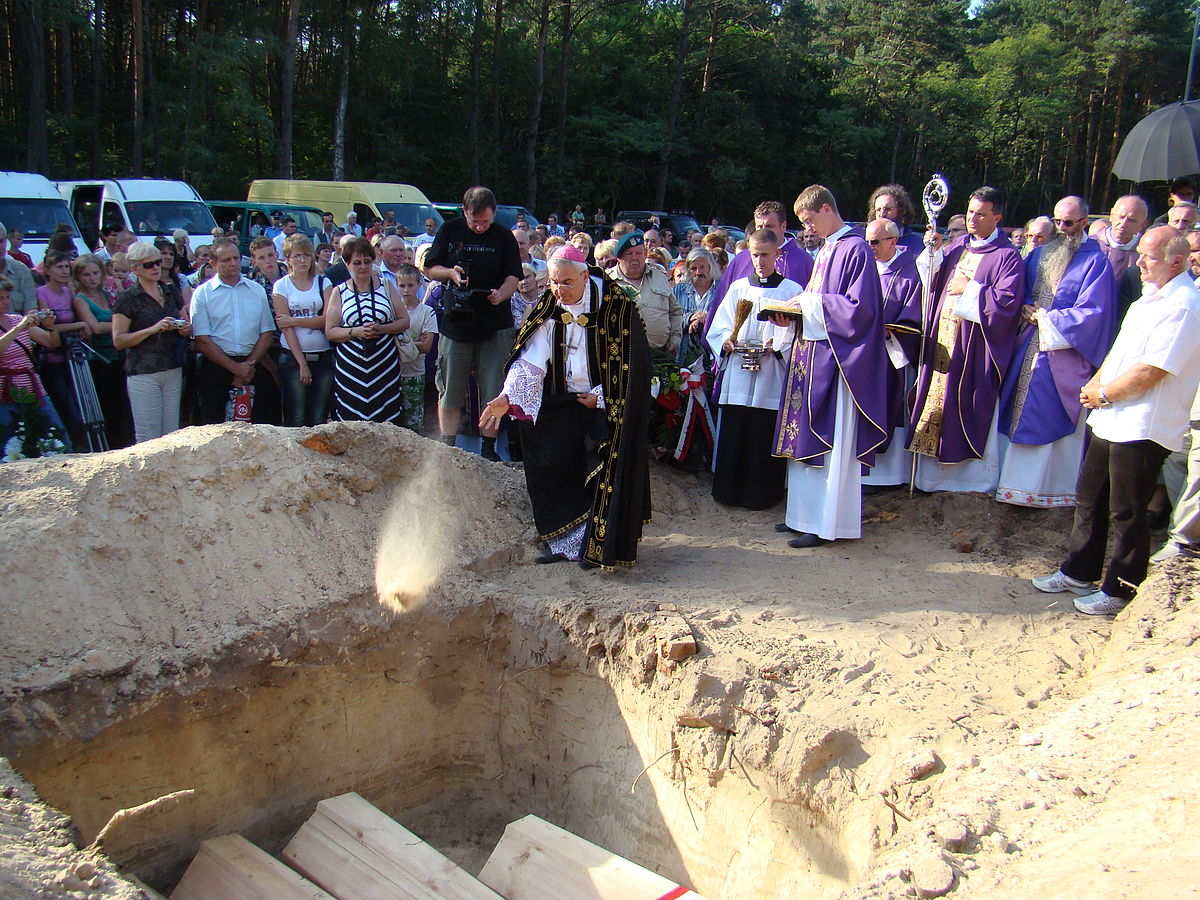National Recovery Plan: A never ending story of EU requirements

We will be able to receive funds from the National Recovery Plan (NPR) after fulfilling several dozen conditions. Their analysis leads to startling conclusions
Łukasz Warzecha
In the program “News Guest” a little over a week ago, Prime Minister Mateusz Morawiecki spoke disparagingly about the National Recovery Plan that it is already a topic from a month ago. Yes, it is important, but there is nothing to really talk about. Then, answering the question about the most stirring point of the NRP, i.e. the tax on internal combustion cars, he reiterated that the government has no plans to introduce such fees.
The Prime Minister has been asked about this matter several times on various occasions. Unfortunately, none of the journalists asking this question simply referred to the list of NRP conditions, included in the annex published by the European Commission, where it is clear as day (items E3G and E4G), that by the end of 2024 we are to introduce an additional registration fee for combustion cars, and until mid-2026 – a tax on such vehicles. There is no ambiguity or room for maneuver here. What the Prime Minister has already mentioned several times – preferences for low-emission cars – simply does not meet the NRP conditions, and that’s it.
When is the money going to come?
In the interview, Mateusz Morawiecki was also asked if these conditions would have to be met in order for us to see the money from the recovery plan at all – but he did not answer this question. It is a pity, because it is one of those issues that remain unexplained in the context of the NRP. On the list of conditions (referred to as “milestones”), there are many that are expected to be met this year. If my calculations are correct, there are 68 of them! These conditions vary in scope and gravity, but their number is still impressive, even if the NRP contains solutions that have already been implemented. However, we do not know this, because there is a sort of conspiracy of silence around the whole program.
The list also contains about 10 conditions that were to be met in 2021. It is not clear when they were added to the list – whether during the actual secret negotiations last year and even before their fulfillment, or recently, after their actual implementation. The analysis of the list of these very conditions leads to surprising conclusions.
Let’s look at the specifics. There we can find, for example, an amendment to the Act on electromobility which adds definitions for hydrogen fuels. The amendment was to be introduced in the fourth quarter of last year – and in December 2021, the President received the amended law to be signed. Another example is the requirement to facilitate the creation of energy storage. Its deadline: the second quarter of last year. Amendments to the Energy Law were introduced in July 2021. Another issue: the system of loans for medical students’ studies. Deadline: end of last year. In December, a draft of a relevant regulation of the Ministry of Health appeared.
Everything seems to indicate that the government was already implementing the requirements of the NRP last year, without informing citizens that these actions were about meeting the terms of the agreement with Brussels. It is also possible – if one believes the explanations of the Minister of Development and Technology, Waldemar Buda – that we simply entered into the NRP agreement with Brussels those projects which we were planning on fulfilling anyway. It is difficult, however, to refer to such a general statement, because the representatives of the government to this day – although it would seem an obvious strategy – did not present the list of requirements which originated from our own proposals.
The opposition and anti-government media continue to focus primarily on the issue of the judiciary, while we do not know the answer to the basic question: What is the mechanism for releasing money that is dependent on the list of conditions. Does Poland have to meet all the conditions provided for in a given period or only some of them in order to receive financing? – because this is how the NRP is supposed to function. If so, when will we find out about the status of the implementation of the 68 conditions to be fulfilled in the NRP for this year? It would seem that there is nothing easier than to provide voters with transparent information on this subject on the website of the Prime Minister’s Office – and yet no such information has been shared.
Perhaps the list of conditions, published a few weeks ago, is not completely up-to-date, since – as Mateusz Morawiecki claims – the NRP conditions were approved many months ago. On the other hand, some politicians from the government – especially those from United Poland – claim that what they received for approval then, in an absurdly short time of several hours, looked different than the annex recently shown by the European Commission. In one word – we have a complete informational chaos that the Prime Minister and his entourage are trying to simply sweep under the rug.
Many doubts
One could write a lot about the details of the NRP. It is important, however, what situation we are in now, looking at it from a certain perspective. We have a plan that was agreed with the EC in unclear circumstances and which surprised even a large part of the ruling camp. This plan contains many conditions that raise significant doubts. We don’t know how many of these conditions we have to meet before any money comes to us. Moreover, we are not even sure that the European Commission will accept a solution to the most notorious problem, i.e. the case of the Supreme Court and the Disciplinary Chamber.
When asked about the distribution of funds from the NRP in the referenced interview, the Prime Minister generally stated that he believed that it would happen this year. Not very precise predictions for a program that for many months was presented as a historical success and a condition precedent for Poland to follow the path of further development. This propaganda of success was, of course, greatly exaggerated – funds of around PLN 100 billion (non-returnable, but also from Polish contributions) are not that absolutely crucial. It’s not that government of magnitude.
Today we have to ask ourselves whether the game is worth the candle. After all, the show with the NRP has been ongoing for over a year with no results so far, but with more and more problems. The initially imposed narrative of a gigantic victory on this matter, as it often happens – greatly exaggerated, is untenable, hence the attempts to convince us that the NRP is a topic that is hardly current, “from a month ago”. Instead of success, there is a growing PR burden. If, in addition, it turns out that the European Commission does not consider the amendment to the Act on the Supreme Court, which is already in force, sufficient – and this is highly possible – there will not only be a burden, but a disaster.
By declaring our participation in the Recovery and Resilience Facility, we took on the obligations arising from it, without having a guarantee of receiving money. At the moment, it is not only the matter of the judicial reform that is looming over us. In the same category of conditions (marked in the annex to the NRP with the letter F) there is, for example, a limitation of the quick legislative path, i.e. firstly – as it can be understood – presenting government bills as deputy proposals, which do not require a regulatory impact assessment or public consultations. The annex states explicitly that this condition requires the introduction of changes to the Parliamentary regulations. The deadline for execution has already passed. No changes were introduced and it is doubtful that PiS would want to introduce them – although these just might be beneficial for the state. Will the EC simply bypass this condition?
The NRP is such a wide-ranging document that the European Commission will find enough excuses to block the transfer of any money to Poland. Even if the solution concerning the structure of the Supreme Court is finally accepted, it may soon turn out that some other condition is not fulfilled.
By accepting the NRP, we agreed to assume obligations, including credit obligations, of all participants of the program, and to make money for Poland dependent on the fulfillment of our very extensive expectations, interfering with various areas of life. Thus, we gave the European Commission the opportunity to use financial blackmail against us, which the PiS government apparently absolutely did not want to agree to. This is an obvious contradiction to the declarations and the rhetoric that has been used for a long time.
In the background, there is an even further-reaching question about the model of our presence in the EU, which is also indirectly involved in a dispute within the ruling camp itself. Some of its members are beginning to get the impression that the head of government is following a different path than the one promised by PiS and announced to its voters. The most controversial points of the NRP regarding the removal of combustion cars from traffic are the best example. Mateusz Morawiecki says one thing in this matter, but something completely opposite is written in the NRP. This is a conjuring of reality, and at the end the EC will force us to show our cards. What will we do then?
The Prime Minister argues that not only Poland has its NRP and conditions to be met. That’s true. But from our point of view, it doesn’t matter. First – no one in good health will claim that Germany, France, the Netherlands, and Poland will be treated in the same way when it comes to fulfilling the conditions of the Plan. Besides, Prime Minister Morawiecki himself has repeatedly emphasized that there is no equal treatment in the EU. It’s a cliché. Second – what was the procedure for establishing the list of commitments in other countries – we do not know, but it is also not important. It is important that in Poland it was completely opaque.
A little over a month ago, when it seemed that there was a breakthrough in the NRP case due to the passing of the Supreme Court Act (today it is not so certain), a poll was published by a polish legal newspaper and one of the most popular radio stations. 24.3% stated that unblocking the NRP by making a concession to the Disciplinary Chamber of the Supreme Court was “the ruling party’s accomplishment”. This is less than Jarosław Kaczyński’s party gets in the polls. 22.8% stated, however, that “this is not a success”. As much as 19% had no opinion. Others considered President Andrzej Duda as the “victorious” party (5.6%) or the European Commission (12.8%). This is hardly a PR victory for the ruling party. This data may change in the future if there is still no money and the blackmail continues. In addition, over time, certain elements may come into play that concern ordinary people more than the Disciplinary Chamber of the Supreme Court.
If the problem lasts until next autumn – which cannot be ruled out – it may have an impact on results of the elections. The myth of Mateusz Morawiecki as an effective defender of money from Brussels will eventually collapse, and then his opponents in the power camp itself will raise their heads even more boldly.
This article was published in July 2022 in “Do Rzeczy” magazine.



